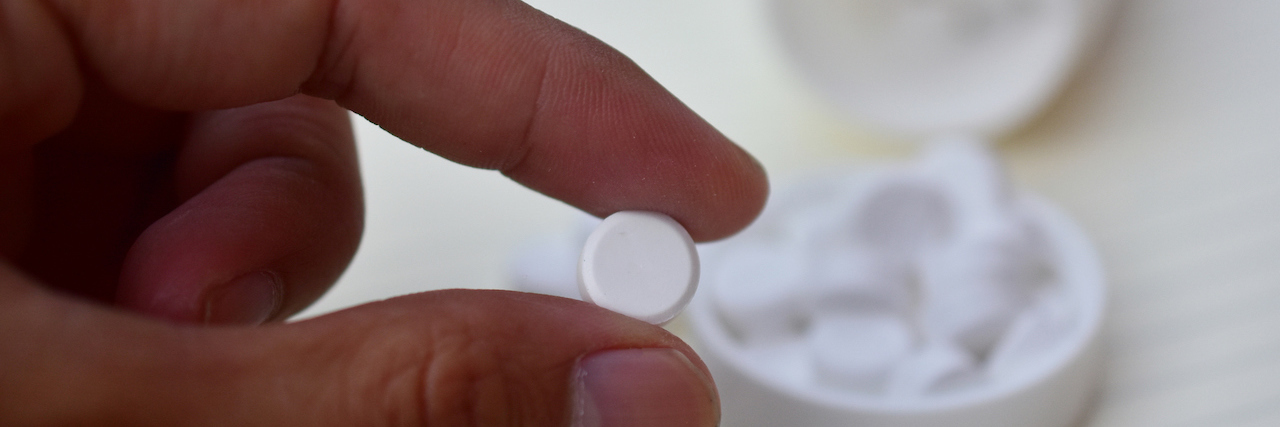New Study Shows Common Antidepressant Doesn't Work for Depression Like Experts Thought
Since the antidepressant sertraline (brand name Zoloft) was first approved in 1992, it’s been a mainstay for doctors and psychiatrists prescribing medication for depression. A new study, however, suggests Zoloft doesn’t necessarily work for depression, but it still makes a positive impact for many people.
Researchers at University College London Psychiatry in the U.K. conducted what they say is “the largest-ever placebo-controlled trial of an antidepressant, which has not been funded by the pharmaceutical industry.” The study, published Thursday in The Lancet Psychiatry, recruited 653 people between the ages of 18 to 74 who were uncertain whether or not prescribing medication would help. Half were prescribed sertraline while the other half received a placebo, an inactive drug.
After six weeks, the study found no evidence that sertraline reduced depression symptoms, including low mood, loss of pleasure (anhedonia) and lack of concentration. Sertraline only made a small impact after 12 weeks. Most antidepressants are expected to start working after four to six weeks. Though the researchers found little difference for depression, they did note a significant improvement in patients’ anxiety symptoms at both six and 12 weeks.
Regardless of the fact the drug didn’t correlate with an improvement in depression directly, those in the study who took sertraline still said their mental health had improved overall. Participants who took sertraline were twice as likely to report better mental health overall compared to participants who received the placebo, indicating taking the antidepressant still had a measurable impact on mental health.
This study, which looked at a wider range of patients than most clinical trials, indicates antidepressants may not work in exactly the way doctors expect. But the results may not be surprising considering the overlap between depression and anxiety symptoms. Many people diagnosed with clinical depression are also diagnosed with anxiety — the Anxiety and Depression Association of America (ADAA) estimates almost 50% of those with depression.
The study’s lead author, Dr. Gemma Lewis, suggested the results shed new light on older antidepressants, since experts still aren’t 100% sure how they work in the first place. In addition, Lewis said the findings indicate reducing mental health symptoms, whether related to depression or anxiety, can help people feel better.
“It appears that people taking the drug are feeling less anxious, so they feel better overall, even if their depressive symptoms were less affected,” Lewis said in a press release. “We hope that we have cast new light on how antidepressants work, as they may be primarily affecting anxiety symptoms such as nervousness, worry and tension, and taking longer to affect depressive symptoms.”
Want to read more about mental health medications? Check out these Mighty articles:
Header image via Getty Images

